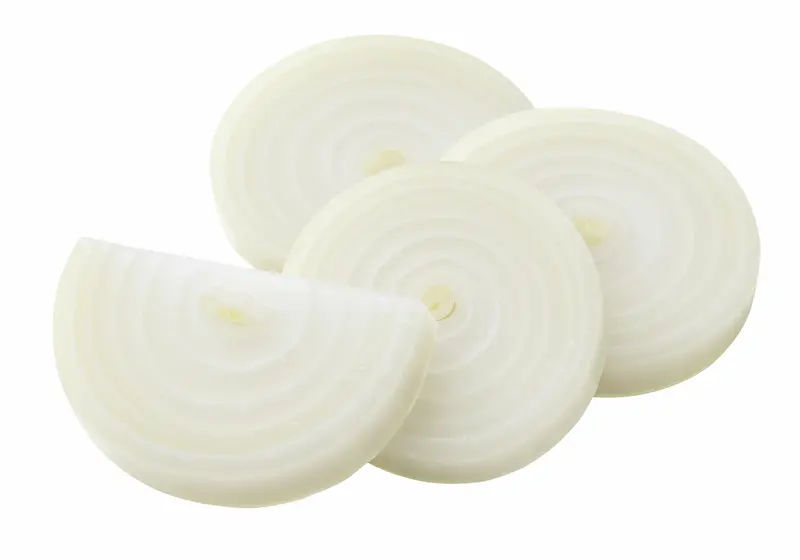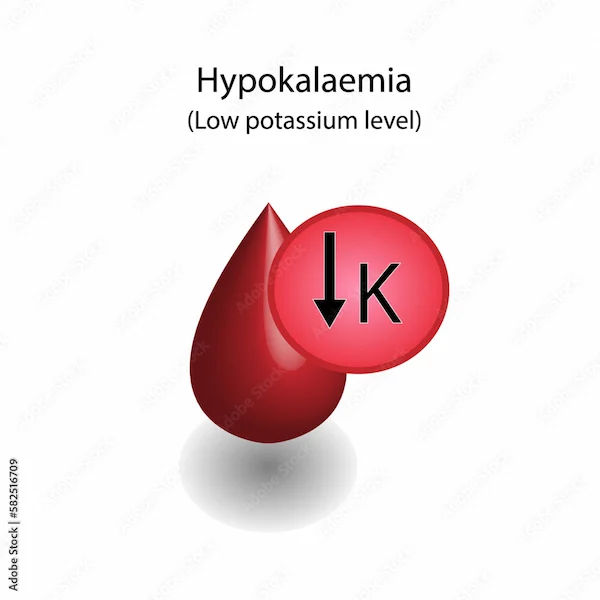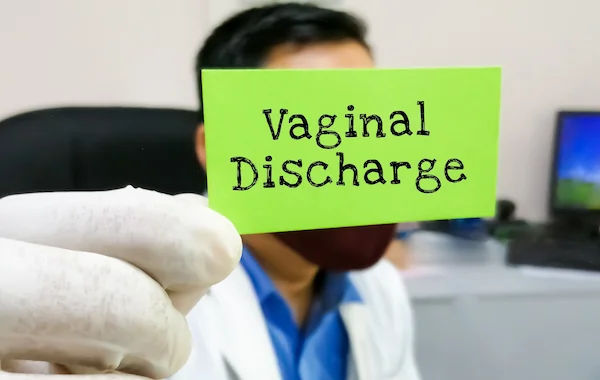Understanding Hydrosalpinx Causes, Symptoms and Treatment
Discover hydrosalpinx, its causes, symptoms, and treatment options. Learn how this fallopian tube condition affects fertility and the available management approaches.

Written by Dr. Dhankecha Mayank Dineshbhai
Reviewed by Dr. M L Ezhilarasan MBBS
Last updated on 13th Jan, 2026

Hydrosalpinx is a medical condition that affects the fallopian tubes, which are essential for female fertility. If you or someone you know has been diagnosed with hydrosalpinx, it’s natural to have questions and concerns. This article will help you understand what hydrosalpinx is, its causes, symptoms, and available treatment options in simple, easy-to-understand terms.
What Is Hydrosalpinx?
Hydrosalpinx is a condition where one or both fallopian tubes become blocked and filled with fluid. The fallopian tubes play a crucial role in reproduction, they carry eggs from the ovaries to the uterus and are the site where sperm fertilizes the egg. When these tubes are blocked, it can lead to infertility or increase the risk of complications during pregnancy.
Consult a Top Gynecologist
Causes of Hydrosalpinx
Hydrosalpinx is usually caused by an infection or inflammation in the fallopian tubes. Some common causes include:
- Pelvic Inflammatory Disease (PID) – This is often caused by sexually transmitted infections (STIs) like chlamydia or gonorrhea, which can lead to scarring and blockage of the tubes.
- Endometriosis – A condition where tissue similar to the uterine lining grows outside the uterus, sometimes affecting the fallopian tubes.
- Previous Surgeries – Surgeries in the pelvic area, such as for appendicitis or ectopic pregnancy, can sometimes cause scar tissue that blocks the tubes.
- Tuberculosis – In rare cases, tuberculosis affecting the reproductive organs can lead to hydrosalpinx.
Symptoms of Hydrosalpinx
Many women with hydrosalpinx may not experience noticeable symptoms. However, some possible signs include:
- Chronic pelvic pain – A dull or sharp pain in the lower abdomen.
- Unusual vaginal discharge – Sometimes watery or mucus-like.
- Pain during intercourse – Discomfort during or after sex.
- Infertility – Difficulty getting pregnant may be the first sign of hydrosalpinx.
If you experience any of these symptoms, it’s important to consult a doctor for further evaluation.
How Hydrosalpinx Affects Fertility
Hydrosalpinx can make it difficult to conceive naturally because:
- The blocked tubes prevent the egg and sperm from meeting.
- The fluid buildup may interfere with embryo implantation in the uterus, even with IVF (in vitro fertilization).
- It increases the risk of ectopic pregnancy (a pregnancy outside the uterus).
Diagnosis of Hydrosalpinx
If hydrosalpinx is suspected, your doctor may recommend the following tests:
- Ultrasound (Sonography) – A pelvic ultrasound can sometimes detect fluid-filled tubes.
- Hysterosalpingogram (HSG) – A special X-ray where dye is injected into the uterus to check for blockages in the fallopian tubes.
- Laparoscopy – A minimally invasive surgical procedure where a tiny camera is inserted to examine the tubes directly.
Treatment Options for Hydrosalpinx
The treatment depends on whether you wish to conceive and the severity of the condition. Common options include:
1. Surgical Treatment
- Salpingectomy – Removal of the affected fallopian tube(s) may be recommended before IVF to improve success rates.
- Tubal Repair – In some cases, the tube can be surgically opened, but this is not always successful.
2. Fertility Treatments
- In Vitro Fertilization (IVF) – If natural conception is not possible, IVF bypasses the fallopian tubes by fertilizing the egg
outside the body and transferring the embryo directly into the uterus.
3. Medications
- Antibiotics may be prescribed if an active infection is present.
Lifestyle and Self-Care Tips
While hydrosalpinx itself may not be preventable, maintaining good reproductive health can reduce risks:
- Practice Safe Sex – Use protection to avoid STIs that can lead to PID.
- Get Regular Check-ups – Early detection of infections can prevent complications.
- Maintain a Healthy Diet – A balanced diet supports overall reproductive health.
- Avoid Smoking – Smoking can worsen fertility issues.
When to See a Doctor
If you experience:
- Persistent pelvic pain
- Difficulty getting pregnant after a year of trying
- Unusual vaginal discharge
It’s best to consult a gynecologist or fertility specialist for proper diagnosis and treatment.
How Apollo 24|7 Can Help
If you suspect you may have hydrosalpinx or are struggling with fertility issues, Apollo 24|7 offers expert consultations and diagnostic tests. You can easily book an appointment online and get personalized care from experienced doctors.
Take the Next Step
- Consult a Specialist – Speak to a gynecologist or fertility expert.
- Schedule a Test – Get an HSG or ultrasound for accurate diagnosis.
Early detection and treatment can improve your chances of a healthy pregnancy. Don’t hesitate to seek help, your reproductive health matters!
Final Thoughts
Hydrosalpinx can be a challenging condition, but with the right medical care, many women go on to have successful pregnancies. Understanding the causes, symptoms, and treatment options can help you make informed decisions about your health. If you have concerns, reach out to a healthcare provider, support is available to guide you through this journey.
Consult a Top Gynecologist
Consult a Top Gynecologist

Dr. Rupam Manna
Radiation Specialist Oncologist
7 Years • MBBS MD(RADIO THERAPY), CCEBDM
Barasat
Diab-Eat-Ease, Barasat

Dr. Sreeparna Roy
Obstetrician and Gynaecologist
8 Years • MBBS , MS (OBSTETRICS & GYNAECOLOGY), Fellowship in Infertility, Endoscopy & Ultrasonography), Fellowship in Laparoscopy & Hysteroscopy,DRM
Kolkata
Dr Utsa Basu Clinic, Kolkata

Dr. Revathi S Rajan
Obstetrician and Gynaecologist
24 Years • MBBS, DGO, DNB.FFMM
Bengaluru
Apollo Clinic, JP nagar, Bengaluru
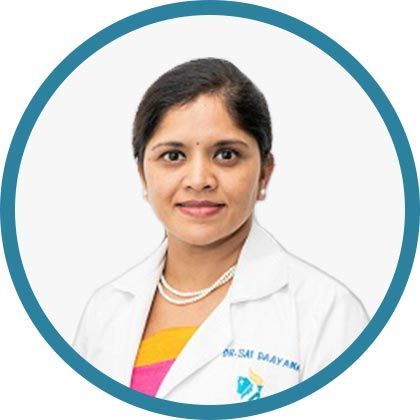
Dr. Sai Lakshmi Daayana
Gynaecological Oncologist
18 Years • MBBS, MRCOG
Hyderabad
Apollo Hospitals Jubilee Hills, Hyderabad
(225+ Patients)
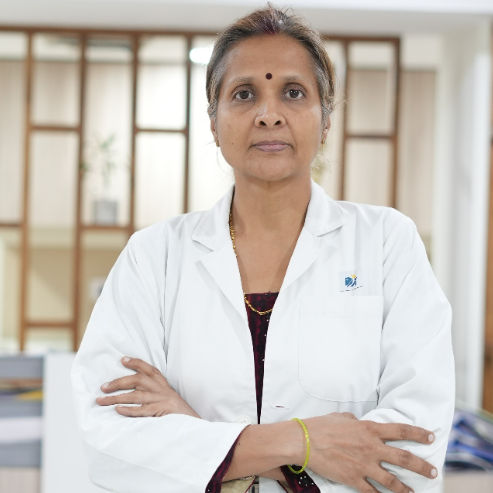
Dr Bhawna Garg
Gynaecological Oncologist
26 Years • MBBS, MS, (PGI MS ROHTAK) FELLOWSHIP GYNECOLOGY ONCOLOGY, (CANCER INSTITUTE CHENNAI)
Delhi
Apollo Hospitals Indraprastha, Delhi
Consult a Top Gynecologist

Dr. Rupam Manna
Radiation Specialist Oncologist
7 Years • MBBS MD(RADIO THERAPY), CCEBDM
Barasat
Diab-Eat-Ease, Barasat

Dr. Sreeparna Roy
Obstetrician and Gynaecologist
8 Years • MBBS , MS (OBSTETRICS & GYNAECOLOGY), Fellowship in Infertility, Endoscopy & Ultrasonography), Fellowship in Laparoscopy & Hysteroscopy,DRM
Kolkata
Dr Utsa Basu Clinic, Kolkata

Dr. Revathi S Rajan
Obstetrician and Gynaecologist
24 Years • MBBS, DGO, DNB.FFMM
Bengaluru
Apollo Clinic, JP nagar, Bengaluru

Dr. Sai Lakshmi Daayana
Gynaecological Oncologist
18 Years • MBBS, MRCOG
Hyderabad
Apollo Hospitals Jubilee Hills, Hyderabad
(225+ Patients)

Dr Bhawna Garg
Gynaecological Oncologist
26 Years • MBBS, MS, (PGI MS ROHTAK) FELLOWSHIP GYNECOLOGY ONCOLOGY, (CANCER INSTITUTE CHENNAI)
Delhi
Apollo Hospitals Indraprastha, Delhi
